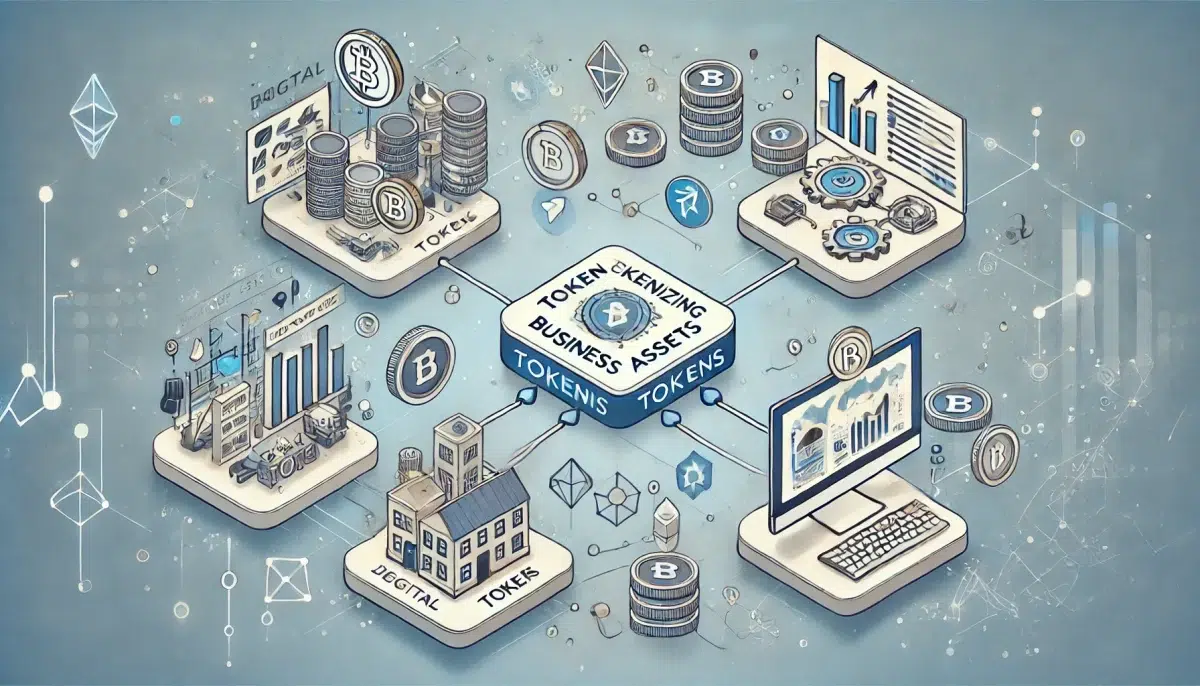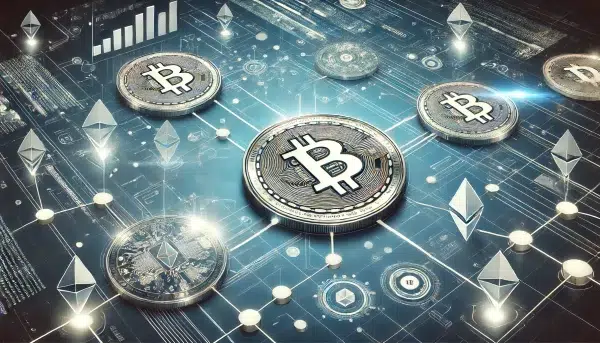Tokenization is revolutionizing the way businesses manage and utilize their assets. By converting physical or intangible assets into digital tokens on a blockchain, companies can unlock new value, enhance liquidity, and improve operational efficiency. Here’s a step-by-step guide to help you tokenize your business assets effectively.
Identify the Assets to Tokenize
Start by identifying the assets you want to tokenize. These can be physical assets like real estate, art, or commodities, or intangible assets such as intellectual property, shares, or carbon credits. Ensure that the chosen assets have a clear value and can be legally tokenized.
Conduct a Feasibility Study
Before proceeding, conduct a feasibility study to assess the potential benefits and risks of tokenizing the selected assets. Consider factors such as market demand, legal and regulatory requirements, and technical infrastructure. This study will help you determine if tokenization is a viable option for your assets.
Choose the Right Blockchain Platform
Selecting the appropriate blockchain platform is crucial for the success of your tokenization project. Platforms like Ethereum, Binance Smart Chain, and Polkadot offer robust features for creating and managing tokens. Evaluate each platform’s capabilities, security, scalability, and transaction costs before making a decision.
Develop Smart Contracts
Smart contracts are self-executing contracts with the terms of the agreement directly written into code. They are essential for automating the issuance, transfer, and management of tokens. Work with experienced blockchain developers to create secure and efficient smart contracts tailored to your asset tokenization needs.
Ensure Legal and Regulatory Compliance
Navigating the legal and regulatory landscape is critical when tokenizing assets. Consult with legal experts to ensure compliance with relevant laws and regulations in your jurisdiction. This includes understanding securities laws, anti-money laundering (AML) requirements, and Know Your Customer (KYC) obligations.
Token Issuance and Distribution
Once the smart contracts are in place and legal compliance is ensured, proceed with the issuance and distribution of tokens. Determine the total supply, distribution model, and pricing strategy for your tokens. You may choose to conduct an Initial Token Offering (ITO) or distribute tokens through private placements.
Implement Security Measures
Security is paramount in any tokenization project. Implement robust security measures to protect your tokens and smart contracts from potential threats. This includes using multi-factor authentication, encryption, and regular security audits. Ensuring the security of your tokens builds trust and credibility among investors.
Manage and Monitor Tokenized Assets
After issuing tokens, it’s important to manage and monitor them effectively. Utilize blockchain analytics tools to track token transactions, monitor performance, and ensure compliance with regulatory requirements. Regularly update your stakeholders on the status and performance of tokenized assets.
Engage with the Community
Building a strong community around your tokenized assets is essential for long-term success. Engage with your community through social media, forums, and events. Provide regular updates, address concerns, and foster an inclusive and transparent environment.
Plan for Future Developments
Tokenization is an evolving field, and staying ahead requires continuous innovation. Plan for future developments by exploring new use cases, integrating advanced technologies, and adapting to changing market conditions. Keep an eye on industry trends and be ready to pivot as needed.
At Valuenize, we provide comprehensive tokenization solutions tailored to your business needs. Our expertise in blockchain development, legal compliance, and strategic consulting ensures a seamless and successful tokenization process. Contact us today to learn how we can help you unlock the full potential of your assets through tokenization.



